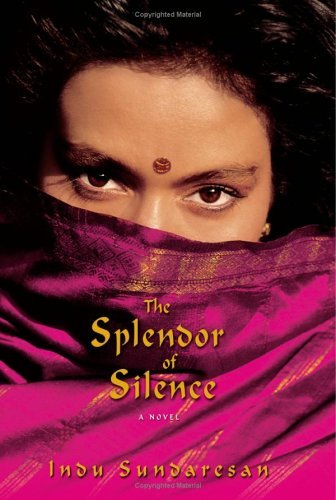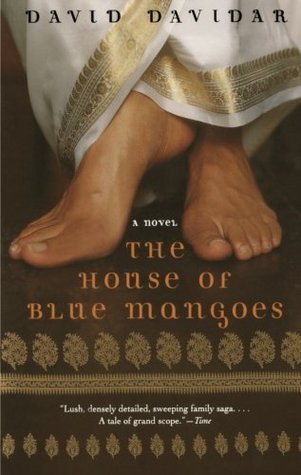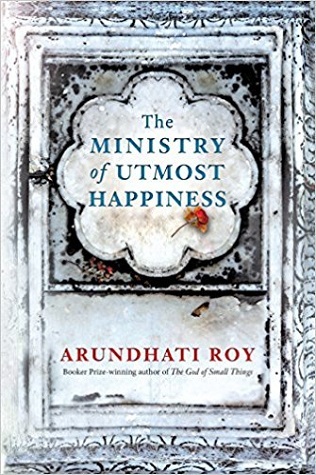
The God of Small Things
Book Description
In a world where love is forbidden and tragedy lurks in every corner, two twins navigate the chasms of family loyalty and societal expectations in the lush, vibrant landscape of Kerala. As they uncover dark family secrets, their bond is tested by the unforgiving grip of fate and the weight of caste. Every choice they make ignites a chain reaction, leading to heart-wrenching consequences that will echo through generations. Amidst the lush beauty and oppressive traditions, can love truly conquer all? Experience the gripping tale of 'The God of Small Things'—where small moments hold the power to change everything. What sacrifices will love demand?
Quick Book Summary
"The God of Small Things" by Arundhati Roy is a poetic and powerful exploration of family, love, and tragedy, set in Kerala, India. The novel weaves together the childhood experiences of twins Estha and Rahel, whose close bond is tested by the rigid social codes and class divides of their community. The narrative jumps back and forth in time, gradually unveiling the downfall of the twins’ family, the forbidden love affair that leads to disaster, and the devastating impact of societal rules, particularly the caste system. Themes of secrecy, memory, and the consequences of breaking societal norms are central, as small events and decisions cascade into irreversible tragedy, exposing the destructive nature of unyielding traditions and unspoken shames.
Summary of Key Ideas
Table of Contents
The Enduring Impact of Caste and Social Hierarchy
The story unfolds in Kerala, where Estha and Rahel, fraternal twins, are born into the once-prosperous Ayemenem family. Their mother, Ammu, struggles with divorce and the stigma attached to it, while the whole family grapples with the legacy of colonialism and the constraints of the caste system. The twins’ relationship is extremely close, their lives intertwined as they make sense of the adult world’s complexities. The lush landscape, vibrant and oppressive, sets the tone for a familial setting both nurturing and suffocating.
Forbidden Love and Its Consequences
Societal norms and rigid hierarchies heavily influence the characters' actions. The forbidden love between Ammu and Velutha, the family’s lower-caste carpenter, becomes the pivotal event, illustrating how caste distinctions can destroy happiness and lives. The repercussions are catastrophic, as their relationship triggers a series of betrayals and tragedies, exposing the cruelty of the community and the perverse ways in which love is punished.
The Power of Memory and Trauma
Central to the narrative is the concept of memory. The structure of the novel is non-linear, reflecting the fractured recollections of Rahel and Estha as adults who are forever marked by childhood trauma. Their coming-of-age is overshadowed by violence and loss, with memories resurfacing unexpectedly and refusing to be buried. The novel suggests that the past is always present, shaping identity and destiny.
Family Dysfunction and Secrecy
Repeated betrayals and secrecy define the family dynamic. Chacko, Ammu’s brother, is preoccupied with reclaiming a lost English heritage, while Baby Kochamma, a great-aunt, manipulates events to serve her interests. The family’s inability to confront truths and their readiness to sacrifice the most vulnerable perpetuates suffering. Communication breaks down, and silence becomes its own form of violence, affecting generations.
The Innocence and Resilience of Childhood
Yet, amid darkness, the perspective of the twins offers moments of innocence and resilience. Rahel and Estha experience the world with curiosity and confusion, misunderstood by the adults around them. Their bond, though scarred, survives, ultimately standing as a quiet defiance against a world determined to crush hope and love. The novel ends ambiguously, suggesting both the endurance of love in small things and the deep, irrevocable costs of breaking rules in an unforgiving society.
Download This Summary
Get a free PDF of this summary instantly — no email required.





